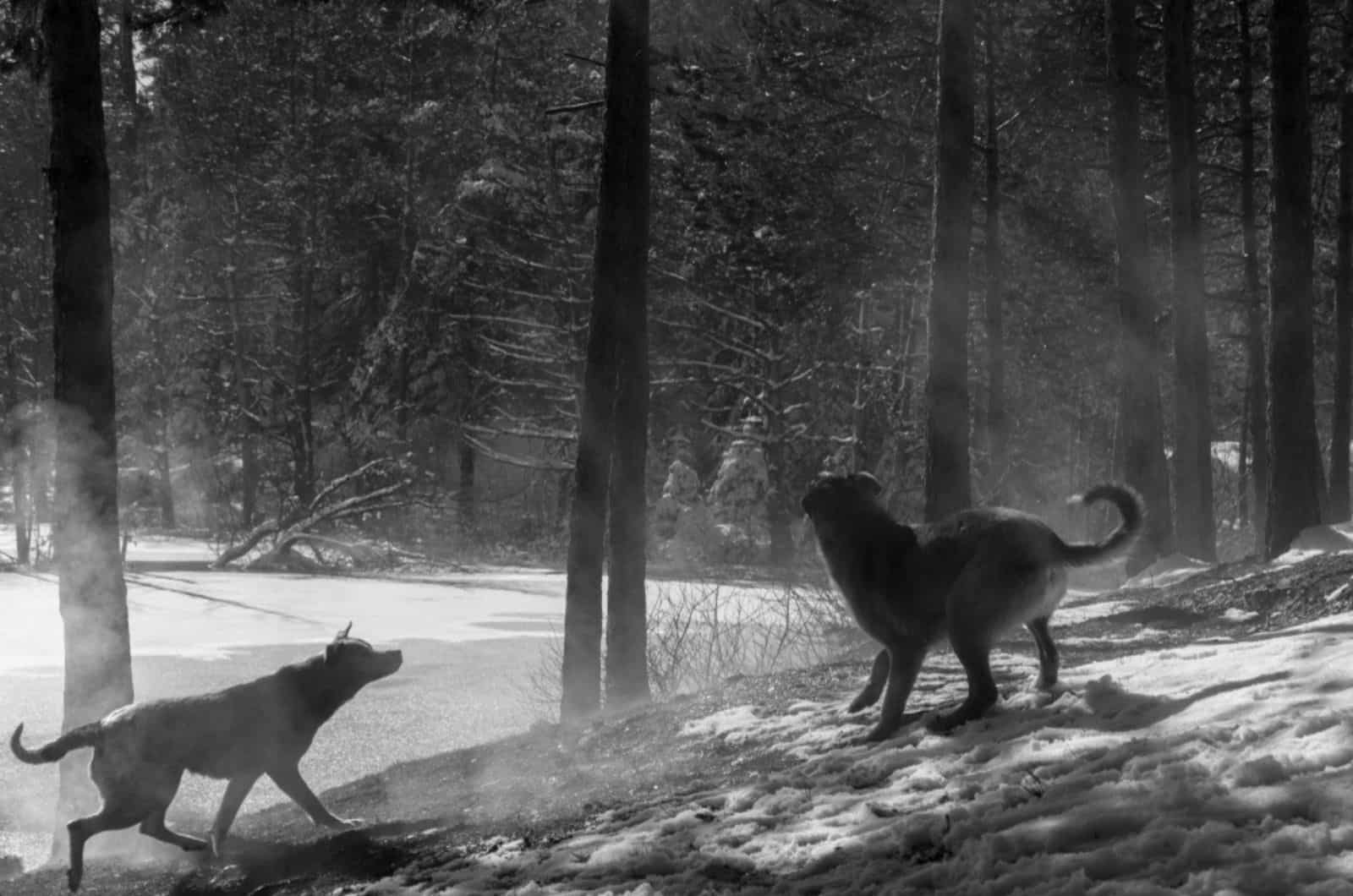Today’s article is all about reliving the past and embracing the future.
The Fédération Cynologique Internationale or the World Canine Organization has the largest collection of various dog breeds in the world. The FCI currently recognizes around 370 different dog breeds from all over the globe.
At first, this seemed like a very high number of dog breeds to me, but the thing is that there used to be many more breeds that became extinct over the years.
Unfortunately, no one knows for sure how many unique dog breeds have existed at a certain period of time, but are simply no longer around today.
Various historians and dog enthusiasts have worked very hard over the years to find any kind of evidence that would bring those breeds back to life… at least on paper. Unfortunately, while some breeds have long-lasting legacies, others have left hardly any trace of their existence.
If you, too, would like to travel back in time and discover the wonders of the canine world, keep on reading because we are bringing to you 26 extinct dog breeds that you need to see today.
What Dog Breeds Are Extinct?
The sad truth behind the extinction of dog breeds lies in either being at the wrong time, becoming old-fashioned, or no longer needed due to the evolution of modern society.
The same fate might await the Otterhound – an ancient British breed of scent hound that is at the brink of extinction, and considered to be the most vulnerable dog breed in recent history.
While the Otterhound awaits a tough battle for survival, let’s remember those breeds that lost their existential battle.
1. Moscow Water Dog
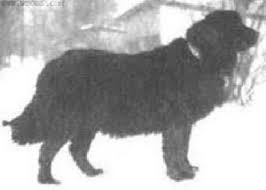
The Moscow Water Dog was a large dog breed with a tick, black or brown double coat. This dog was created for the Soviet Union, and was supposed to work as a rescue dog in water, but according to some reports, it wasn’t particularly good at this job, which is why it didn’t last long.
The last known record of this dog is from the 1980s, but even for his short life, it was exceptionally rare.
2. Molossus
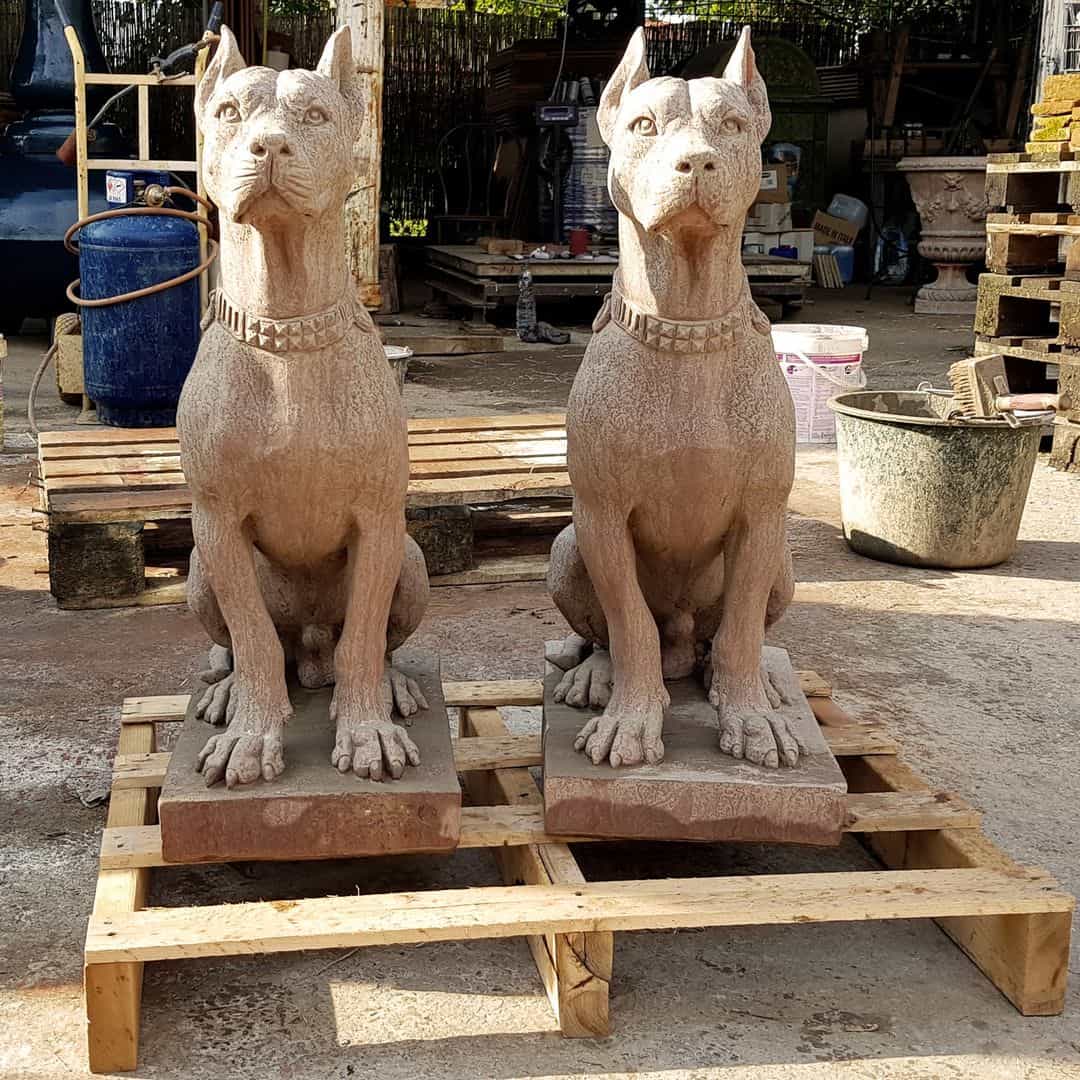
As one of the original dog breeds, the Molossus is incredibly important for the canine history in general. They were one of the first guard dogs created by the ancient Greek tribe, which used them to protect their property and livestock.
These dogs are also considered to be one of the Roman drover dogs, and one of the predecessors of today’s Mastiff breeds. Because of this, it is thought that they closely resembled them as well.
3. English White Terrier (Old English Terrier)
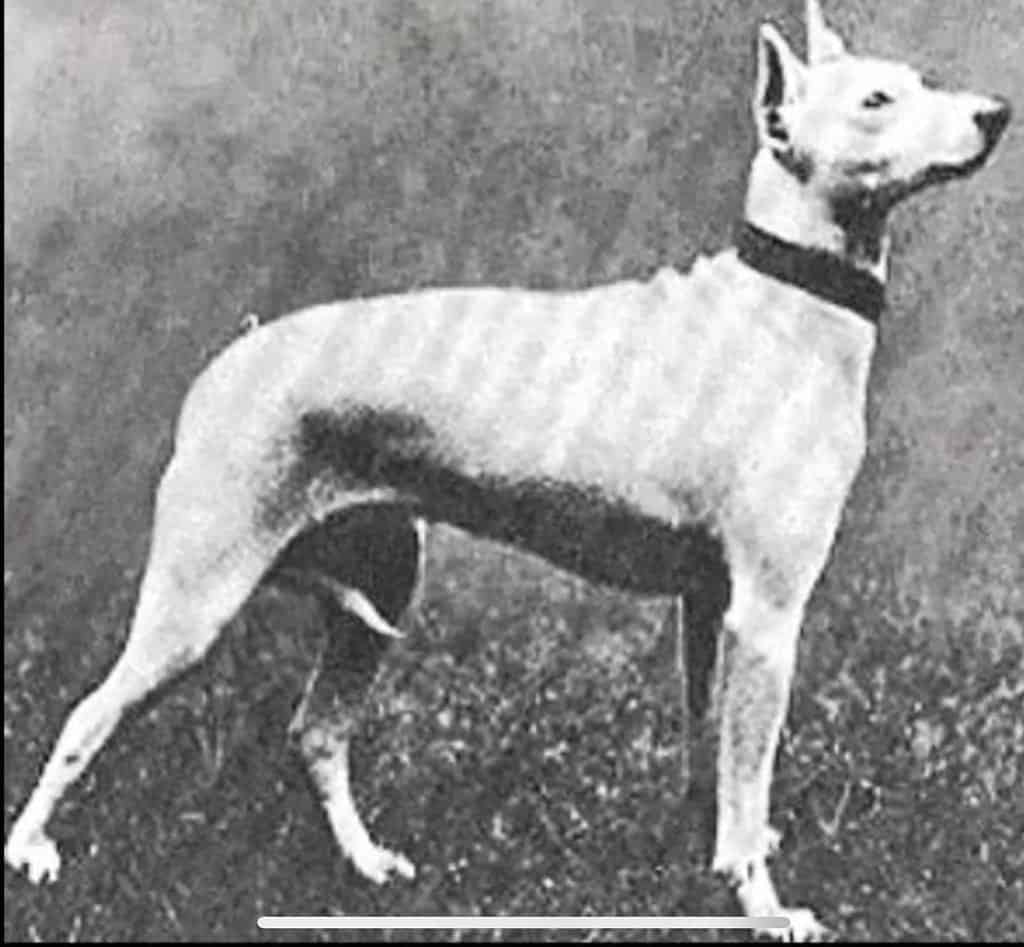
The English White Terrier was truly a unique breed of dog – one of the first pedigree dogs recognized by the Kennel Club.
It was developed in the early 1800s specifically for the show ring, but due to inbreeding and loads of serious health and behavioral issues, the breed lived only for about 100 years. The Boston Terrier and Bull Terrier were created largely due to them.
4. Old English Bulldog
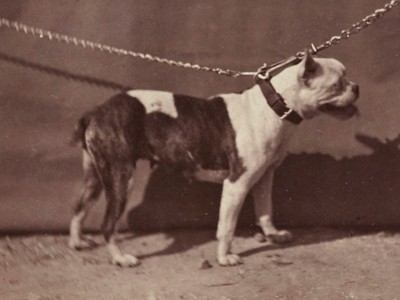
The Old English Bulldog was a muscular dog breed, known for its strength, and it was predominately used in bull-baiting and dog fights. After bull-baiting was forbidden in 1835, the breed became redundant slowly, but surely, and was outbred with other dog types.
Currently, there is a trend of recreating the original breed, but with a tweak to its temperament. This “recreation” is known as the Olde English Buldogge, which is more sociable and less aggressive.
5. Tweed Water Spaniel
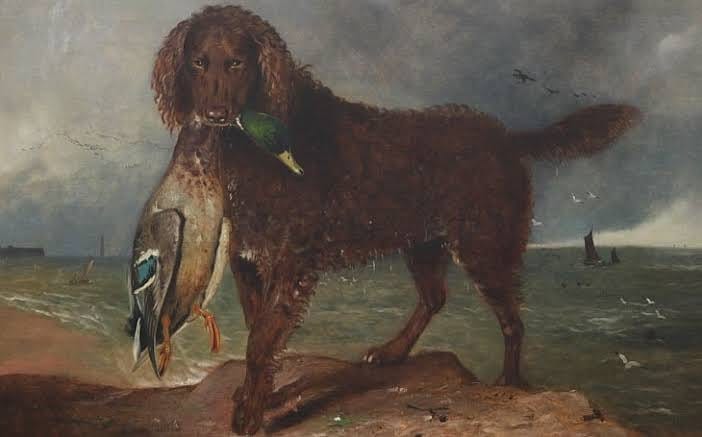
The Tweed Water Spaniel was a curly-haired dog with a brown coat, a long slim tail, and thick floppy ears. This breed got its name from the River Tweed in Scotland, where they mostly worked in water, assisting the fishermen.
Sadly, this breed died out at the end of the 19th century, but they are considered to be the parent breed of now widely-famous Golden Retrievers.
6. Braque Du Puy
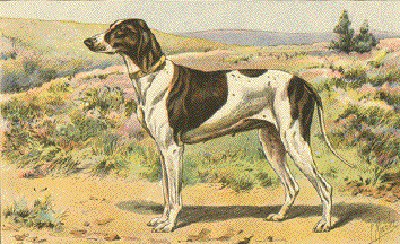
The Braque du Puy was a French breed of hunting dog, mostly used for catching small quarries. The breed was unfortunately impacted a lot by both World Wars, and eventually it died out in the 1970s.
Regarding its looks, these dogs were elegant-looking pups, lightly built with long limbs, a slender tail, and hanging ears.
7. Black And Tan Terrier
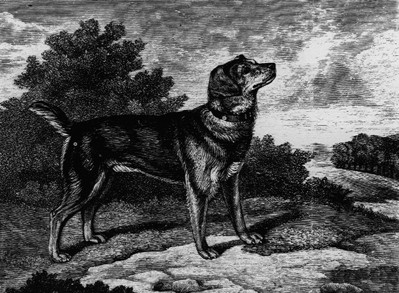
The Black and Tan Terrier was a very popular English breed that was used to hunt foxes. It had long legs, and a short coat that was, of course, black-and-tan colored.
It is believed that these types of dogs are the ancestors of many modern dog breeds, including the Airedale Terrier and the Yorkshire Terrier.
8. Talbot Dog
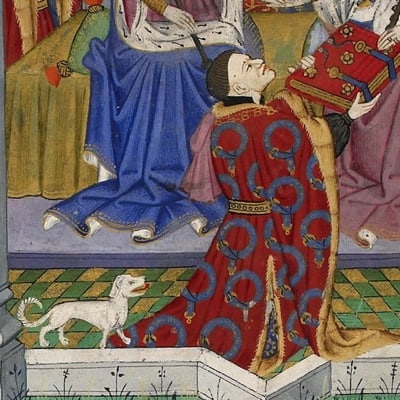
There is no doubt that Talbot dogs played a very important role in their days, and even William the Conqueror brought them over from Normandy to England. These scent hounds were most likely predecessors of Beagles and Coonhounds.
The breed became extinct in the 18th century due to unknown reasons, but it is speculated that they were replaced by more efficient breeds.
9. Kurī Dog
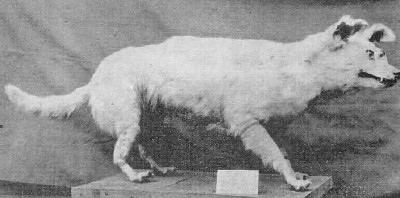
The Kurī was an ancient Polynesian breed brought to New Zealand by the indigenous Māori people. It sadly became extinct in the 19th century, but it is believed that these dogs were very indispensable then as the providers of food and fur.
According to the preserved body in New Zealand’s National Museum, we know that this was a small-breed dog with short legs, a snout nose, and prick ears.
10. Tahltan Bear dog
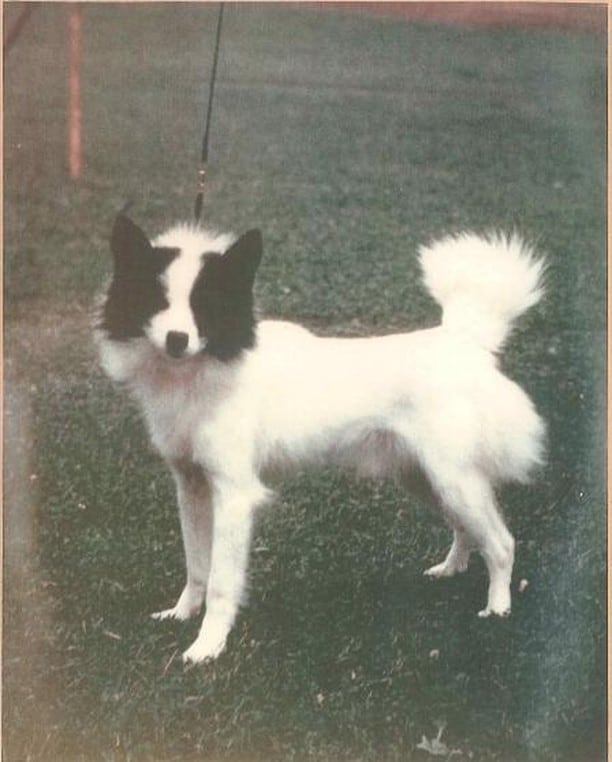
The Tahltan Bear dog was a surprisingly small breed of dog with a dense, rusty-brown coat, but very courageous and strong. It was originally bred to hunt bears specifically, and it was very prized and traded widely for this.
These dogs were very sociable, and not aggressive at all toward humans. Unfortunately, the popularity of the breed is exactly what led these dogs to extinction.
11. Paisley Terrier
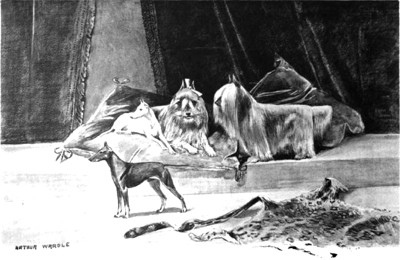
The Paisley Terrier was a small, long-haired terrier with silky fur and erect ears, coming from the town of Paisley, in Scotland. This blue and tan terrier was mostly used as a show dog and a companion pet.
Rendered unfit for work, and high maintenance, these dogs unfortunately became extinct; however, they are considered as the predecessors of the Yorkshire Terrier.
12. Fuegian Dog
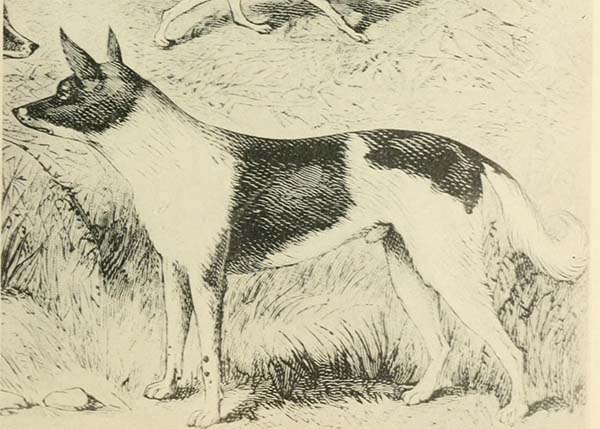
The Fuegian dog was truly a specific breed since it was a domesticated type of fox, and not of a wolf like other dog breeds. It is said that these dogs were not particularly good-looking, they had wiry white or red fur, and were aggressive to humans.
They became extinct because of their lack of usefulness, lack of loyalty to their masters, aggressiveness, and poor guarding abilities.
13. Chiribaya Dog
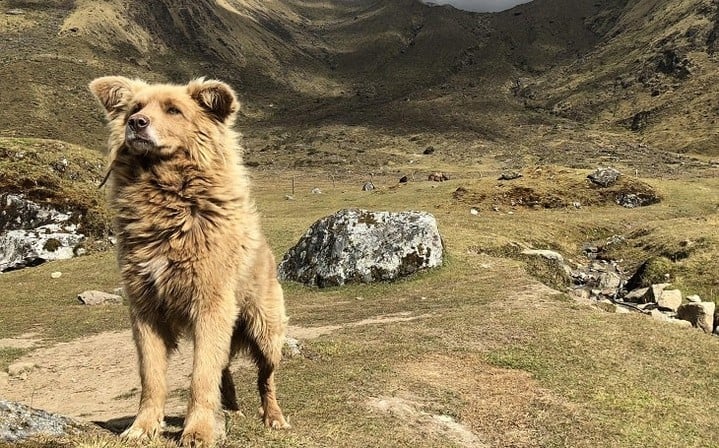
The Chiribaya dog is a truly fascinating ancient dog breed with no known remaining ancestors. The discovery of this breed is attributed to anthropologist, Sonia Guillén, who discovered over 40 mummies within Peru.
Historians believe that these were small dogs with light beige fur and rabbit-like feet. They performed a valuable function in this ancient society, and thus, were buried next to humans.
14. Argentine Polar Dog
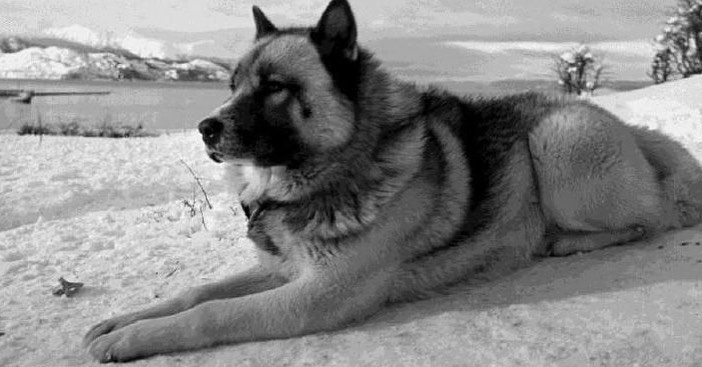
This dog breed was created by the Argentine army, which was situated in the Antarctic. They were large, fluffy dogs, easy to maintain and train, and well-suited for freezing weather conditions, and they were mostly used as sled dogs.
In 1964, these dogs were “deported” from Antarctica for not being native animals, after which they soon became extinct.
15. Tesem Dog
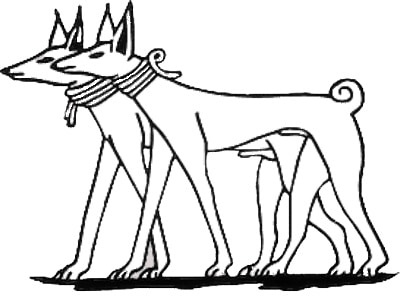
The Tesem is one of the oldest dog breeds, believed to be 3,000 years old. It is an Egyptian breed, portrayed in many hieroglyphics as a lean dog with a curly tail and tan fur. According to many scientists, they resemble modern Greyhounds.
The Basenji, the Sloughi, and the African Pariah dog are believed to be modern descendants of this ancient breed.
16. Sakhalin Husky
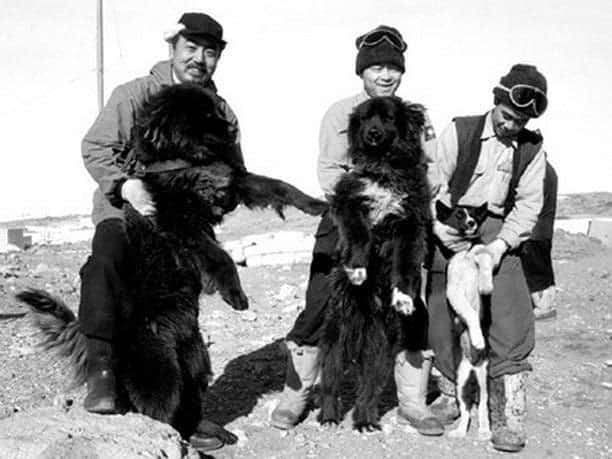
This is the most recent breed to become extinct in 2012. They resembled a mixture of the Siberian Husky and the Akita Inu, and were mostly used as sled dogs.
After a failed mission in Antarctica, these dogs were completely abandoned and left to themselves. Only two dogs survived then, and a movie called “Eight Below” was filmed based on their story.
17. Turnspit Dog
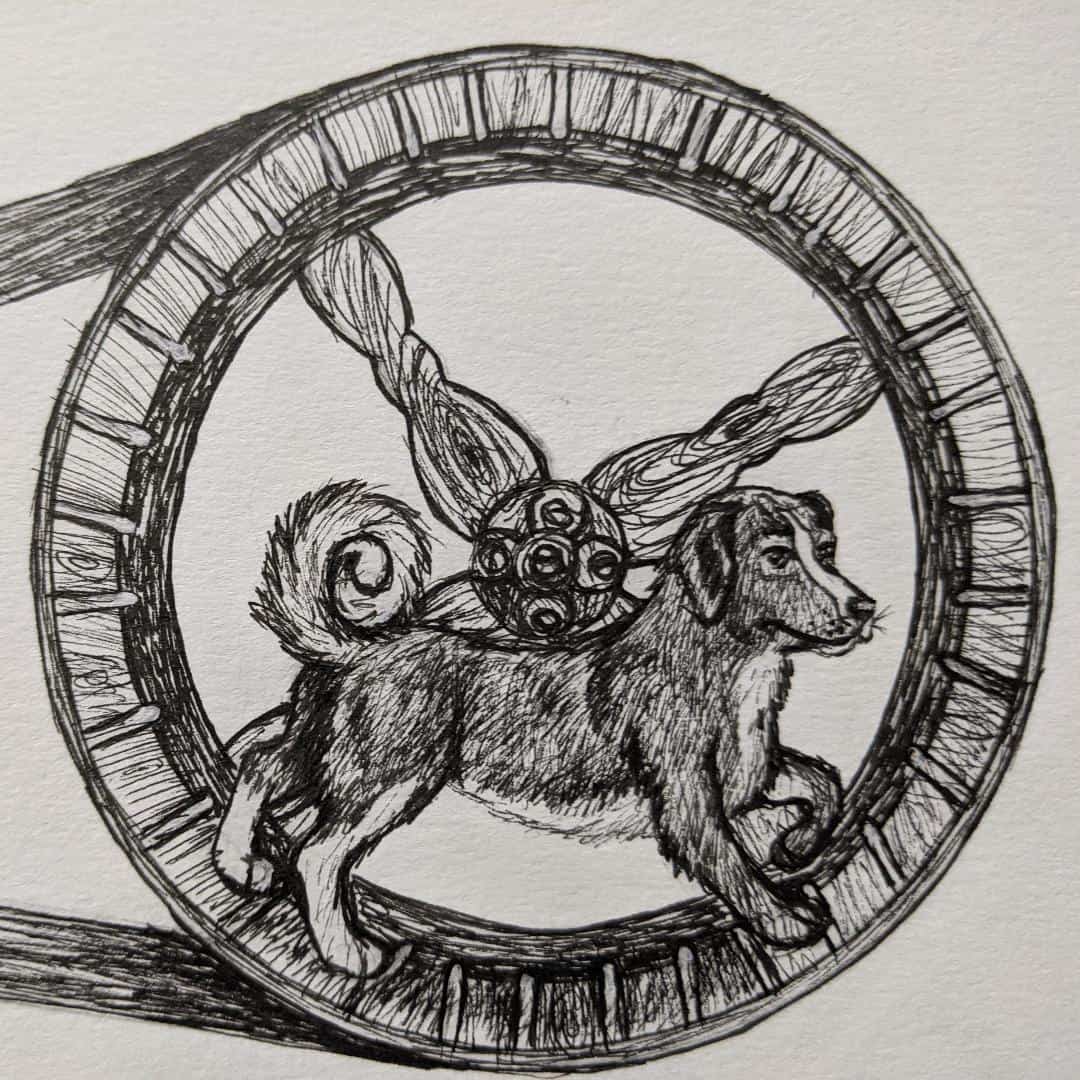
It is believed that these dogs with a rather fascinating history lived in the 16th century. They were not seen as pets, but rather as a “kitchen appliance”, having been bred to tirelessly run on a wheel that kept the roasting spit moving. They worked in shifts, and had an incredible level of stamina.
18. Hawaiian Poi Dog
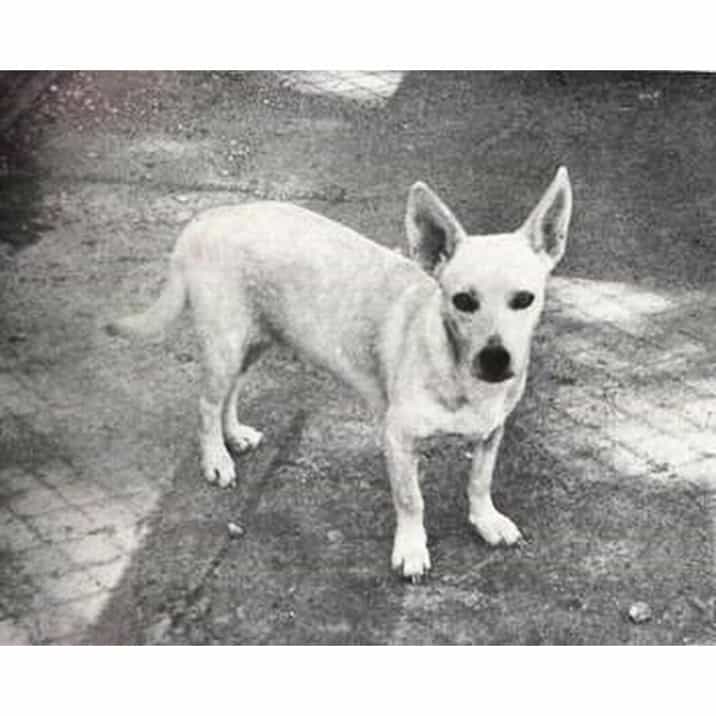
These dogs existed before the American colonization of Hawaii, and were named after the food they were being fed – Poi, meaning they were vegetarians. Traditionally, the Poi dog was believed to provide good fortune, as well as a source of the food. They were short dogs with a flat skull and white fur.
19. Hare Indian Dog
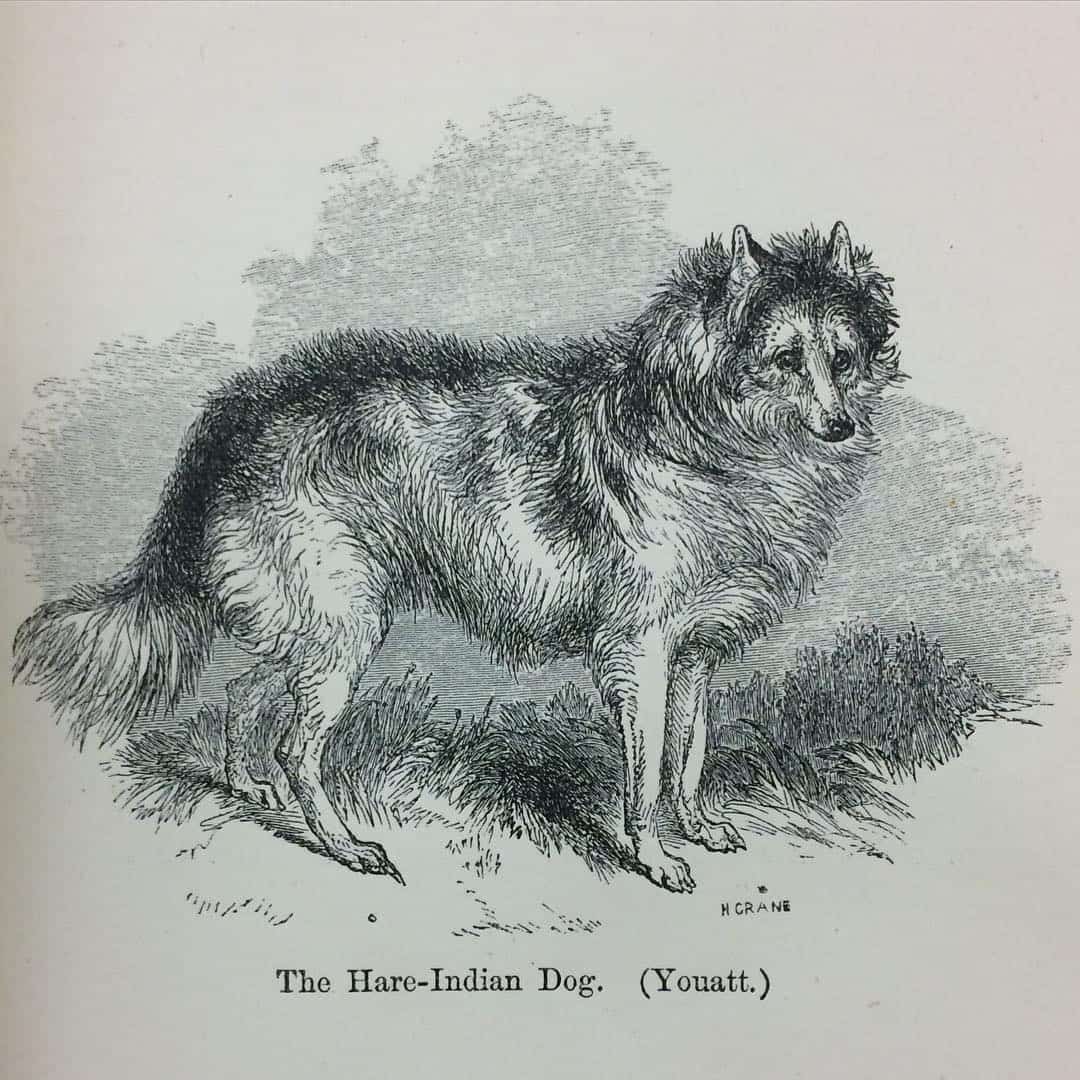
Hare Indian dogs were domesticated by Canadian Indian tribes as some kind of coyote cross. It was described as a short, long-haired dog with a pointed muzzle and a howl like a wolf. They became extinct because of modern inventions and improved hunting techniques.
20. The Salish Wool Dog

This breed is believed to be the first North American dog, bred by the Native Americans. It became extinct in the early 20th century due to various reasons, such as colonization and crossbreeding. They were mostly prized for their thick, dense white fur that was similar to “wool”.
21. Alaunt
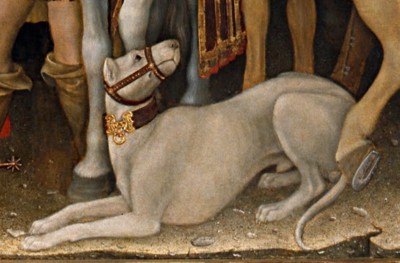
This is the European/Asian breed of dog that is considered to be the original predecessor of the modern-day Bulldogs. They were large, short-haired dogs specifically bred to be workers. Today, there are several variants of this breed, meaning that although the original dogs are extinct, their bloodline continues to live on.
22. Alpine Mastiff
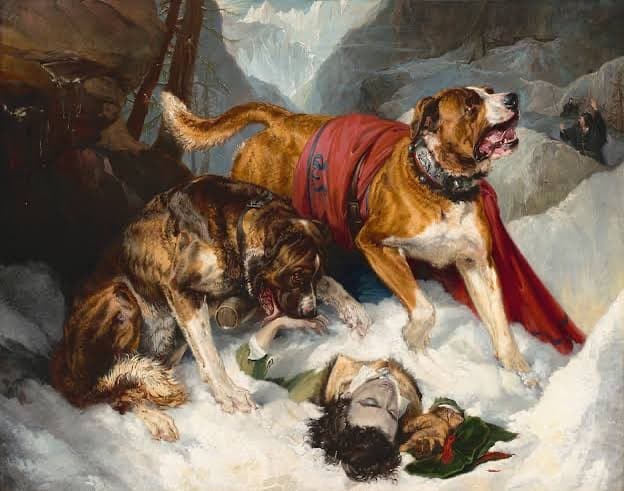
The Alpine Mastiff was one of the first giant breeds ever created that was certainly a sight to behold. It was the largest dog in England, and it impressed everyone with its colossal size, enormous head, and large limbs.
Related: Tallest Dog Breeds: 15 Largest Dogs On The Planet
23. The Techichi
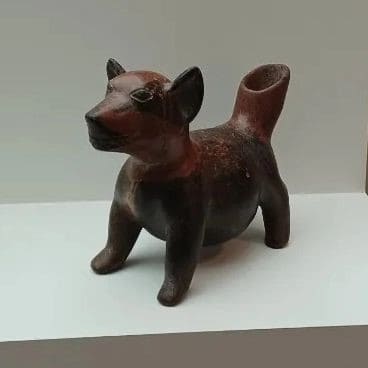
The Techichi was a small, mute breed of dog that was bred by the Toltec civilization somewhere in Mexico. They were bred for hunting purposes and companionship, and are said to be the progenitors of the modern Chihuahua.
24. Dogo Cubano
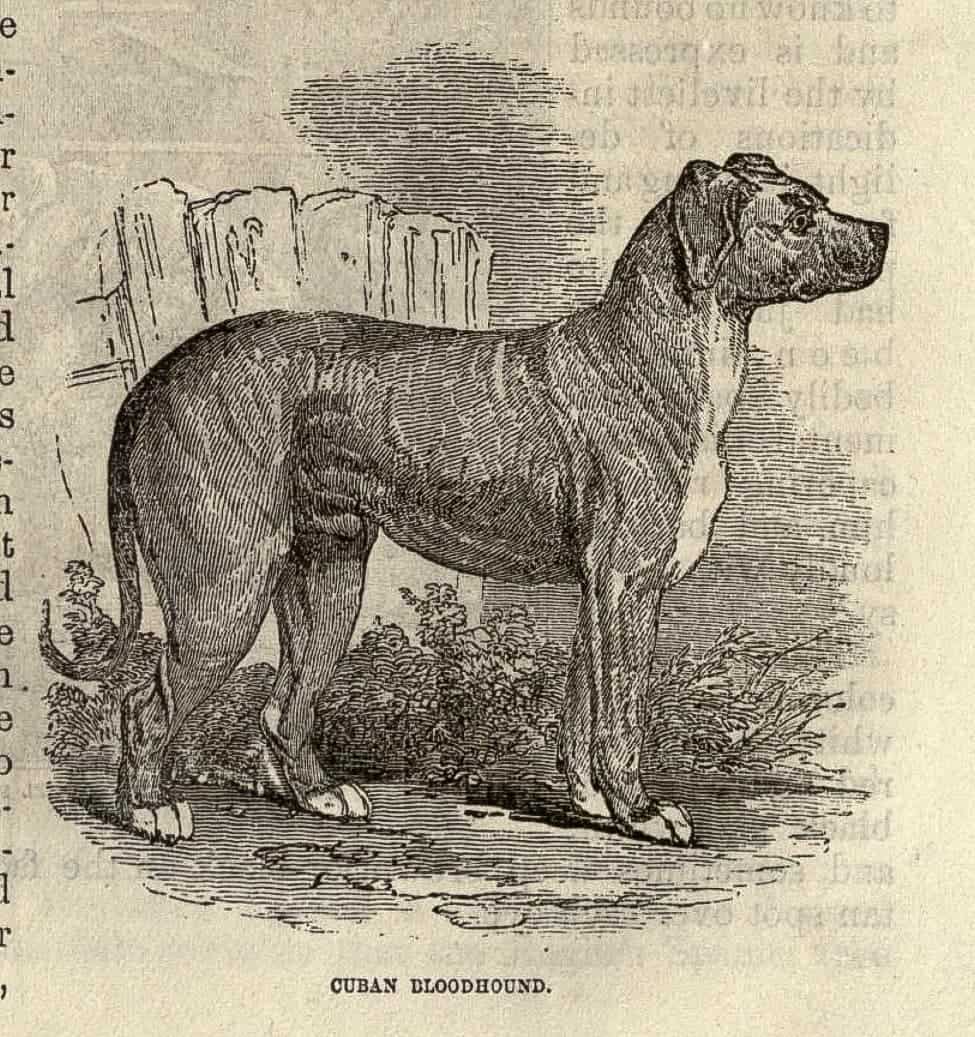
The Dogo Cubano (or the Cuban Mastiff) was a large and hardy breed of dog that was used for fighting and guarding purposes, as well as to capture runaway slaves.
It had dark-rust fur, a shortened muzzle, and a black facial mask. The extinction of these dogs is attributed to the abolition of slavery.
25. Russian Tracker
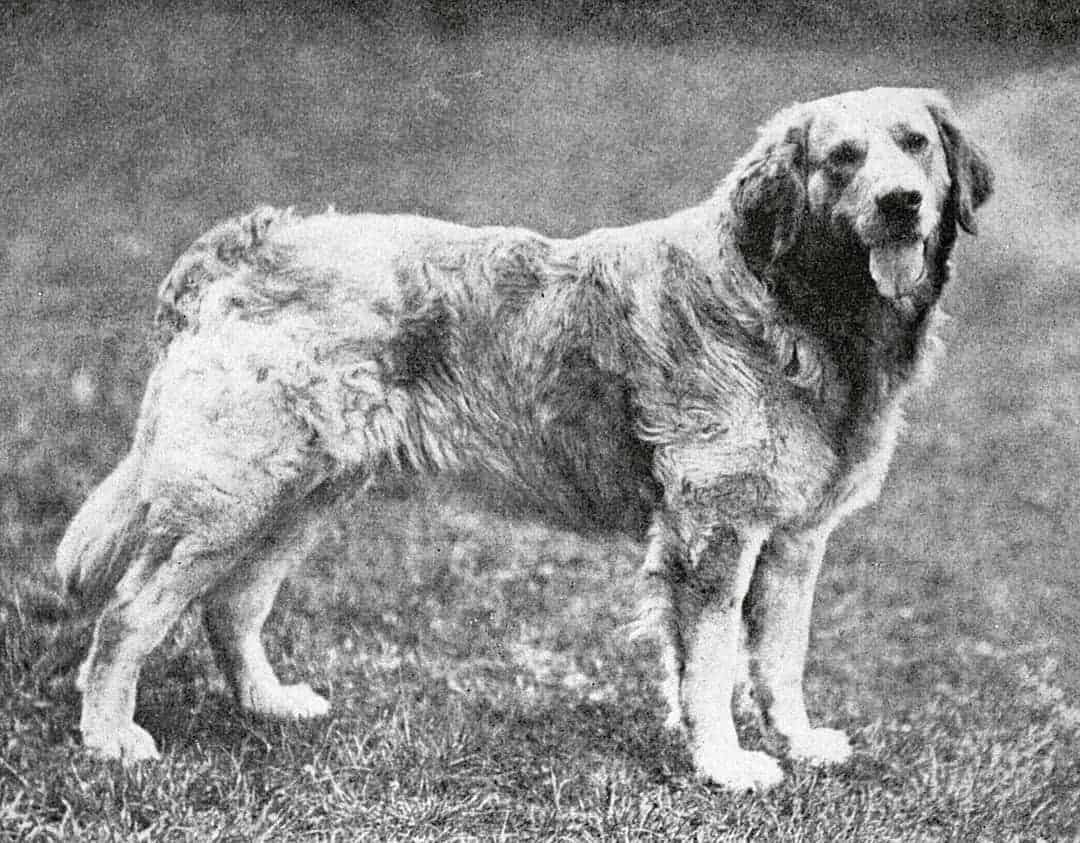
Russian trackers looked very similar to Golden Retrievers due to their large size and furry coat. It was both brawny and brainy, able to fight off bears and wolves, and herd the flock and keep them away from danger.
26. The St. John’s Water Dog
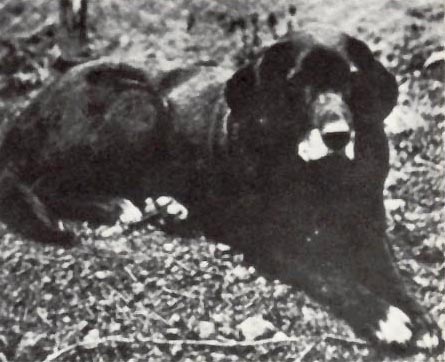
This was a breed of dog that originated in Newfoundland, much like the modern-day Labrador, except that their coat was entirely black and white. They worked alongside fishermen, and had a great passion for swimming and being around water.
These dogs had a waterproof coat, and were able to retrieve all the catches. According to some sources, they died out in the 1980s due to newer fishing purposes and simply being no longer purposeful.
Read next: 20 Scariest Dog Breeds: The Best Dogs To Keep Out Intruders
